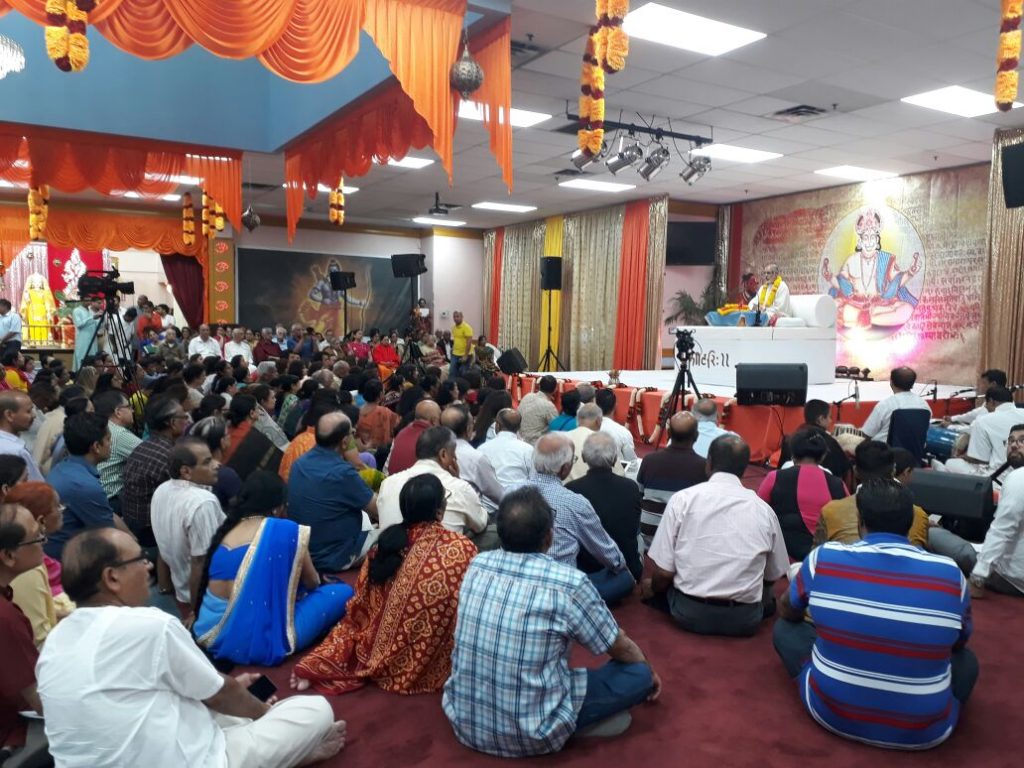By performing our duties with utmost sincerity without wanting or seeking recognition for our deeds, enables us to attain a state of detachment. In the Gita, King Janak and other enlightened souls reached the state of the ability to strive diligently towards one’s goal without worrying about the fruits thereof by following this path.
Karmannaiva hi sansiddhimāsthita jankadayah
Loksangrahamevapi sampaśyankartumārhasi – Shrimad Bhagavad Gita, 3:20
Renunciation does not imply absence of action. It implies performing one’s duty while remaining detached to the fruits thereof, thus achieving a state of serenity and losing the sense of “I”-ness.
When one realises that one’s body and other worldly things do not belong to oneself, one uses material resources for the benefit of others. He does so out of moral commitment, without expecting anything in return. He thus attains supreme detachment from worldly matters, and openness with the Supreme Soul.
If we develop attachment for the world and its objects, our mind loses its intrinsic purity. Hence, one must imbibe the mantra,
Prabhuram mam Prabhuhu
Meaning, “I am God’s and God is mine. I cannot belong to anyone other than God and no one but God alone can be mine”.
In reality, that which can never be yours is the material world and that which you can never lose is God.
